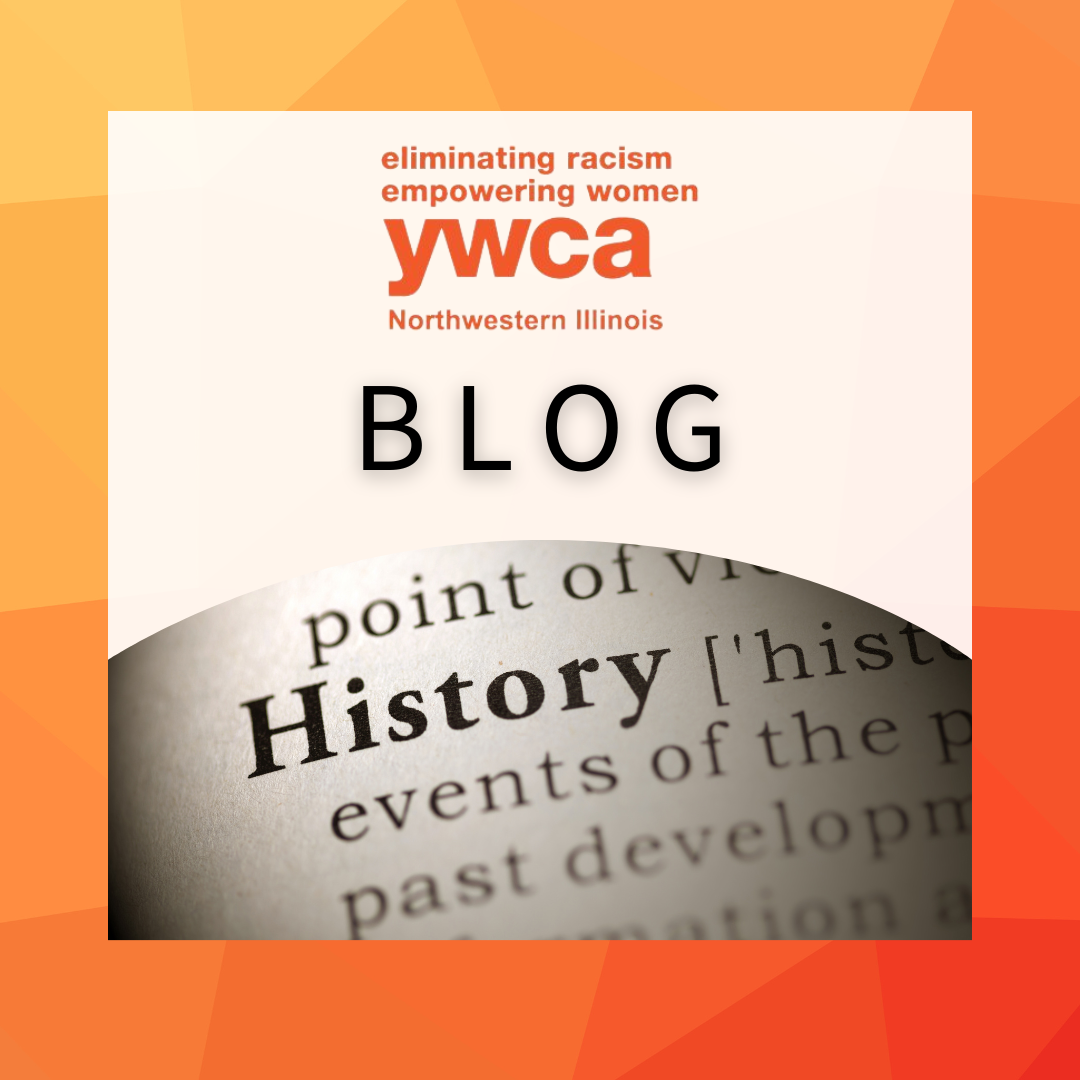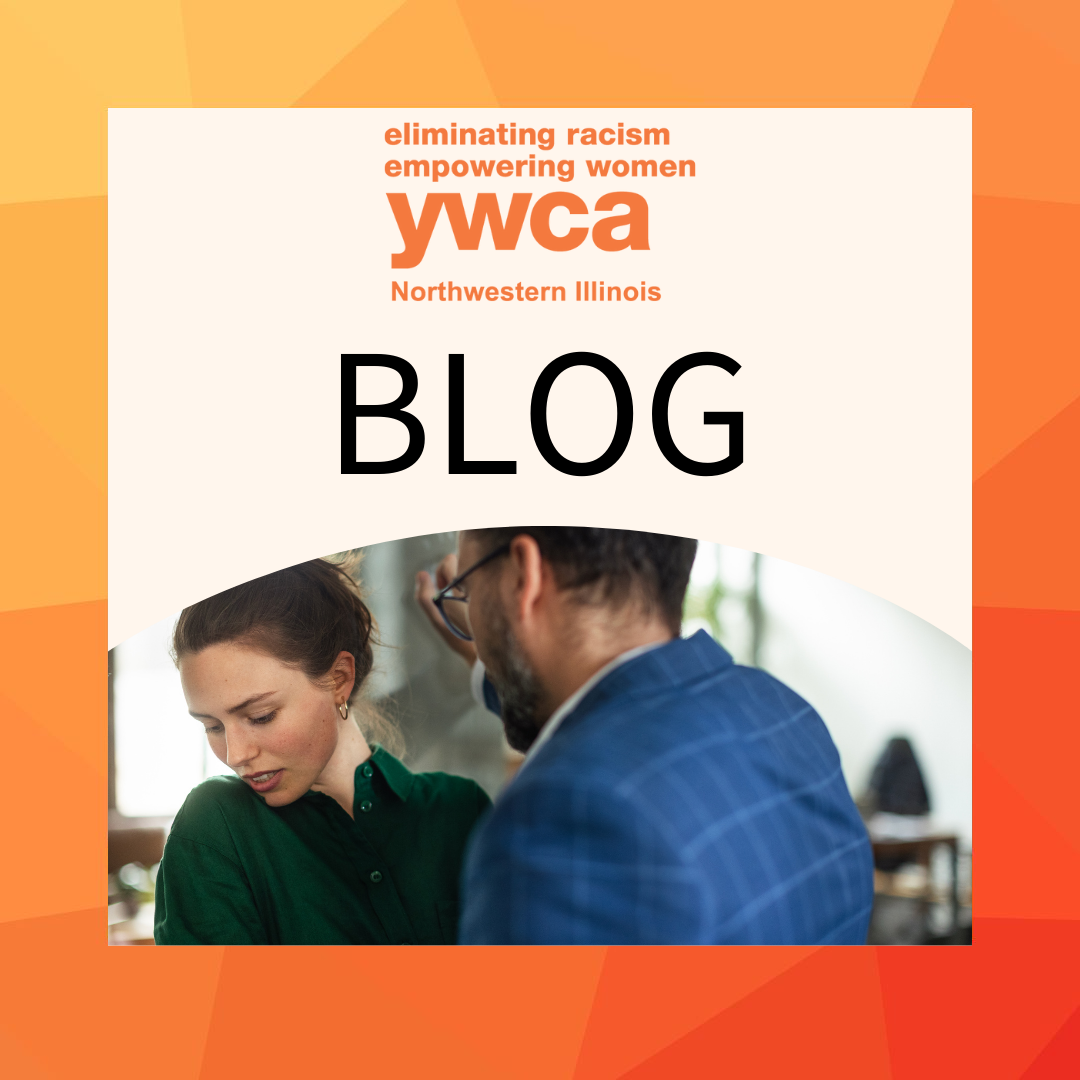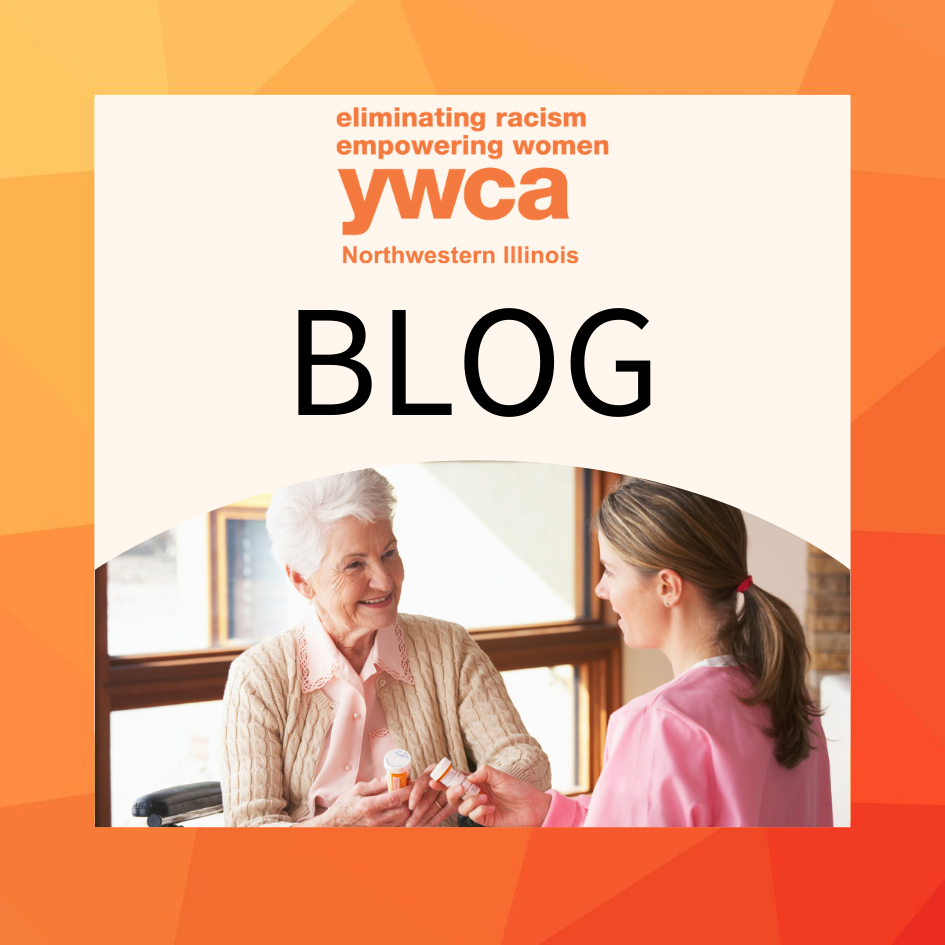During Personal History Awareness Month, the YWCA Literacy Council celebrates the richness of individual life stories, a sentiment that resonates deeply within Adult Education and English Language Learning (ELL) instruction. Working with English language learners, we recognize the profound impact of integrating students’ own stories into the curriculum.
Using students’ personal narratives as texts not only facilitates the development of strong and authentic literacy skills but also creates a deeply meaningful learning experience. When learners see their own experiences reflected in the material, they are more deeply engaged and motivated to learn. Through storytelling and narrative-based activities, students not only enhance their language proficiency but also gain confidence in expressing themselves.
Moreover, creating spaces where students’ voices are heard and valued fosters vibrant classroom communities. In these environments, students express concern for each other’s welfare, work cooperatively, and honor each other’s culture, language, and values. By embracing the diversity within the classroom and celebrating the uniqueness of each learner, educators cultivate an inclusive atmosphere where all students feel respected and valued. Recently, a group of our English Language Learners experienced the value of honoring personal histories by creating and presenting family trees as part of a curriculum unit on ‘Family’. This project allowed the students to connect the concepts and vocabulary of family to their own lives and it also built a sense of community among classmates. After sharing personal stories, there was a clear shift in the students’ interactions, as they became more receptive to engaging with and supporting each other.
Personal History Awareness Month serves as a poignant reminder of the power of personal narratives in education. By embracing and incorporating students’ personal histories into English language instruction, we honor the individuality of each learner, foster authentic literacy skills, and cultivate classroom communities built on mutual respect, collaboration, and cultural appreciation that empowers learners to succeed academically and beyond.
If you know someone who wants to improve their reading, writing, listening, and speaking skills in English, tell them about the free classes and individual tutoring at the YWCA Literacy Council for all adults including beginning though intermediate level adult ESL/ELL learners. Share this link to the online Class Registration Form.
–Sharon Jacobsen, YWCA Northwestern Illinois Director of Educational Programs




